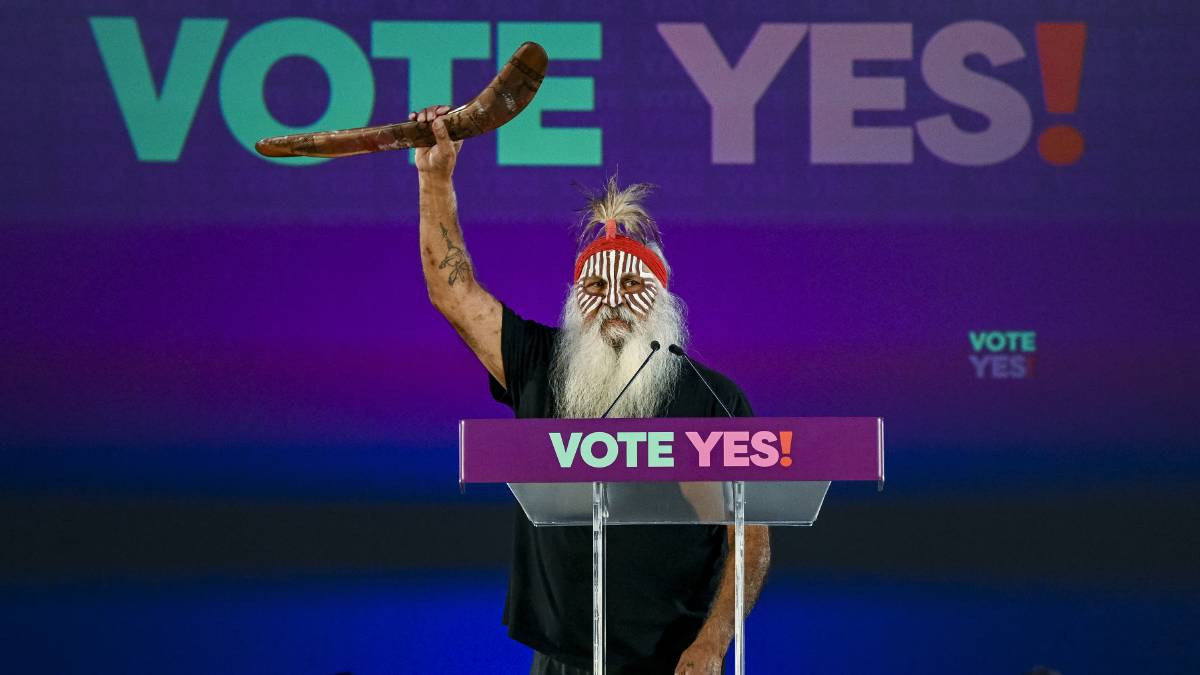Across Australia this month, voters will decide whether to change the Constitution and create a Voice to Parliament – a body to advise the Australian government on laws and policies that affect Aboriginal and Torres Strait Islander peoples.
Voters go to the polls on 14 October, to vote Yes or No on a proposed law “to alter the Constitution to recognise the first peoples of Australia by establishing an Aboriginal and Torres Strait Islander Voice”.
Elected in May 2022, the ALP government led by Prime Minister Anthony Albanese . . .
Please Subscribe to view full content...
